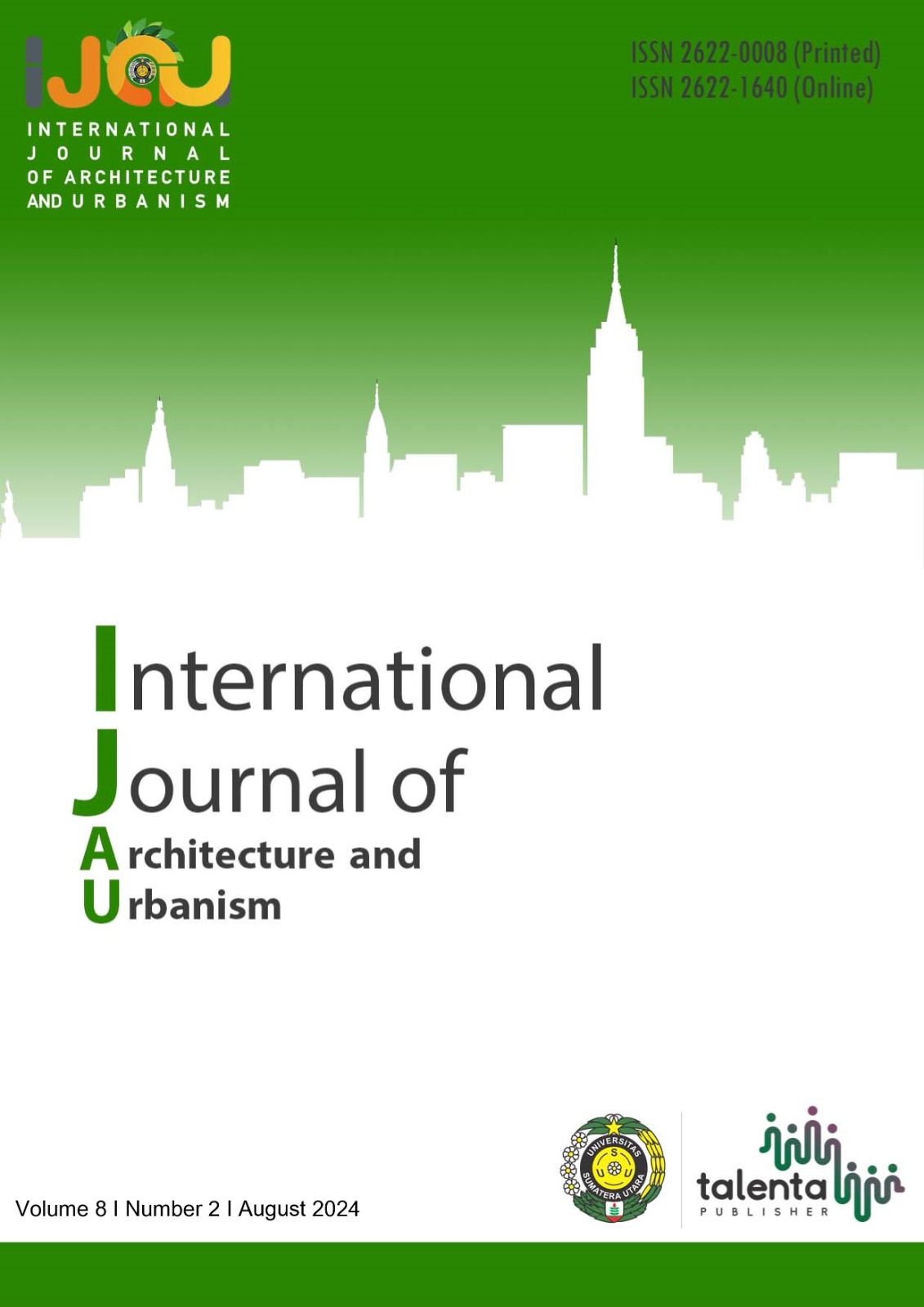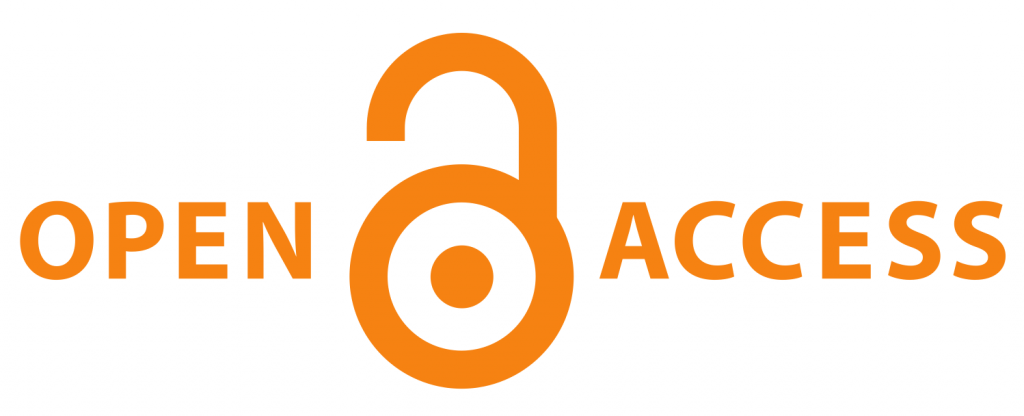Designing Mental Disorder Rehabilitation Facilities in Medan Using a Healing Architectural Approach
DOI:
https://doi.org/10.32734/ijau.v8i2.15422Keywords:
healing architecture, mental disorder, rehabilitationAbstract
One of the grounds that supports this design is the high incidence of mental diseases in North Sumatra, particularly in Medan, and the dearth of appropriate rehabilitation facilities. According to information from the Indonesian Ministry of Health in 2019, there are a lot of issues with mental diseases among Indonesians, particularly in the province of North Sumatra. Up to 31.86% of North Sumatran's population suffers from mental illnesses. Additionally, 35.55% of people in Medan in North Sumatra as a whole suffer from mental illnesses. It is a component of several therapy processes for the recovery of ODGJ through physical, psychological, and social methods, according to the 2017 Indonesian Minister of Health Regulation of Rehabilitation. Designing health center buildings, especially rehabilitation centers, is highly advised when using healing architecture. The architecture used to promote healing or repair is known as "healing architecture." Because color and natural elements in buildings can assist patient rehabilitation, these two features are typically associated with healing architecture in its application. Because there is a connection between a building's architecture and the healing requirements of its occupants, healing architecture is crucial in rehabilitation center construction. It is intended that with the availability of treatment facilities that match the quality and design of better buildings, awareness of the significance of mental health in society would grow and an increasing number of individuals will have the courage to speak up and seek treatment. Social stigma will automatically decrease as a result.
Downloads
Downloads
Published
How to Cite
Issue
Section
License
Copyright (c) 2024 International Journal of Architecture and Urbanism

This work is licensed under a Creative Commons Attribution-ShareAlike 4.0 International License.


.png)










